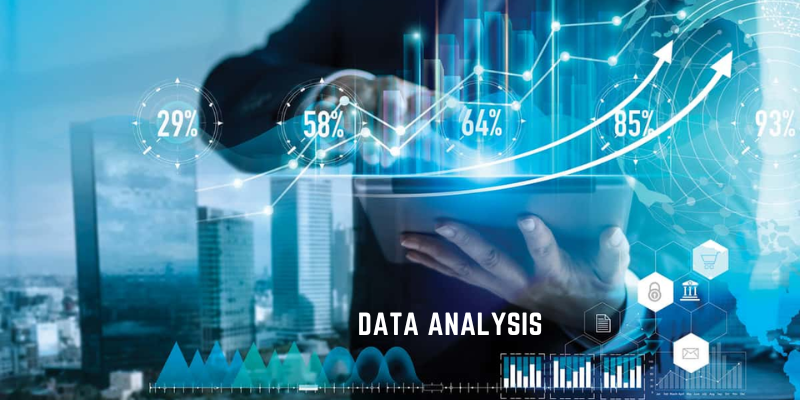Data analysis is looking through, cleaning, converting, and modelling data to find relevant information to help with decision-making. There are many different aspects and methods of data analysis, with different approaches used in different business, scientific, and social science domains under different names. This blog will explore “Top 5 Programming Languages for Data Analysis”. Join the Data Analytics Course in Chennai to gain complete skills in data analysis, visualization, and interpretation.
Programming Languages for Data Analysis
Python
Python is an adaptable language that can be applied to data analysis. Its support for libraries and tools that can assist you with data wrangling, analysis, and visualization is just one of the many features that make it perfect. If you’re new to coding, Python is a good option because it’s comparatively simple to learn. It is an easy-to-learn, high-level, general-purpose language.
R
R is a well-liked programming language for statistical computing and data analysis. It is an open-source, free software environment that offers many packages for data visualization, machine learning, and statistical analysis. The Mac, Linux, and Windows operating systems can all run R.
Data analysts use R since it offers statistical packages for quantitative applications like
- Networks of neurons
- The study of phylogenetics
- sophisticated plotting
- Regression without lines
SQL
SQL is a robust programming language that makes it simple for analysts to manipulate and query data. Although unfamiliarity with the syntax may be intimidating, plenty of resources are available to get you started. Understanding even the fundamentals of SQL can be very beneficial in comprehending and manipulating data, as it is an indispensable tool for data analysis.
SQL is utilized for many different things, such as
- Construct and oversee databases
- Analyze and work with data
- Make reports, examine patterns, and find connections.
- Make dashboards and data visualizations.
- Data marts and warehouses are also made with it.
JavaScript
Front-end web development was the primary application for JavaScript, an object-oriented programming language, to create interactive web pages. But it changed a lot when many other frameworks like ReactJS, AngularJS, VueJS, and NodeJS were introduced. It has thus gained a reputation for developing websites’ front-end and back-end, often utilizing MEAN and MERN stacks.
JavaScript is easy to use because it allows aspiring data scientists to access models and algorithms directly from the web browser. On a web-based dashboard, users can also generate interactive data visualizations from datasets. Join the Data Analytics Courses in Coimbatore to master essential skills, tools, and techniques to analyze and interpret data, driving informed decision-making.
Julia
Julia is a dynamic programming language with high performance and abstraction levels specifically for scientific computing. It can easily interface with code written in C, Fortran, or Python and has a syntax that is familiar to users of other specialized computing environments like MATLAB and R. Because of this, writing high-performance numerical algorithms in Julia is now feasible without compromising the flexibility or ease of use that these other languages offer.
Julia is exceptionally well suited for scientific and numerical computing because of its design goals. Random number generation, complex numbers, and linear algebra operations are supported.
Furthermore, more than 100 packages that enhance features for data visualization, machine learning (ML), digital signal processing (DSP), and other areas are available with Julia.
Julia’s performance, adaptability, and user-friendliness make it a great option for data analysis.
It would help if you learned the correct programming language for a successful and seamless career as a data scientist. With many resources at your fingertips, Data Analytics Training in Chennai facilitates your learning process and helps you gain a deeper understanding of data analysis. From fundamentals to advanced topics, we offer courses like SQL, Data Science, and Business Analyst Fundamentals for Beginners.
